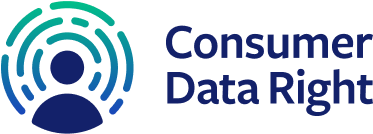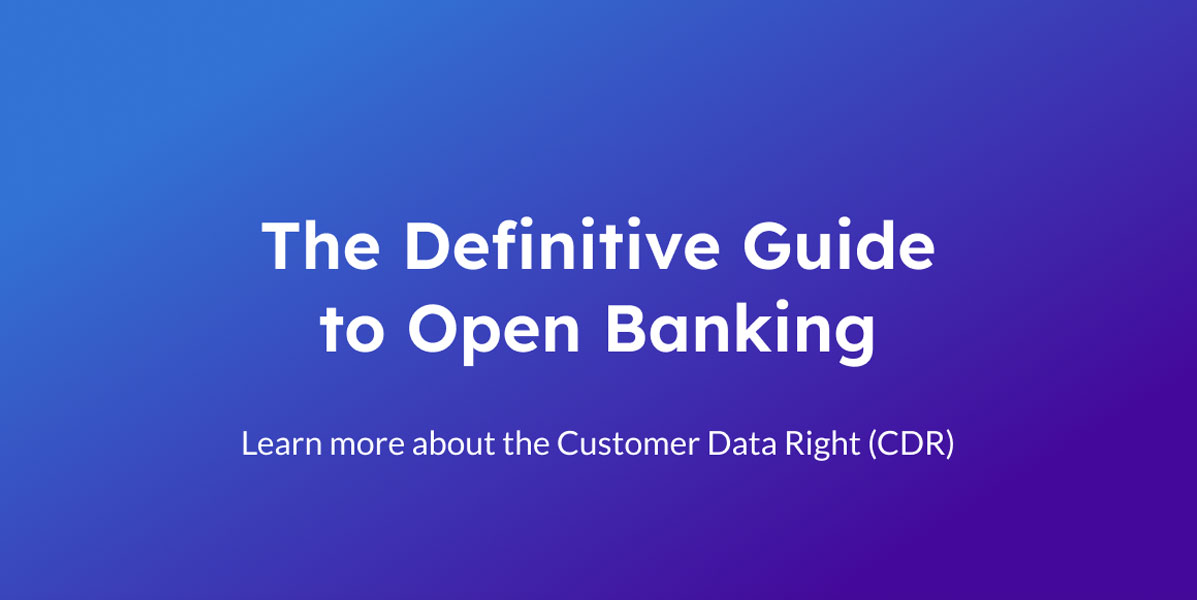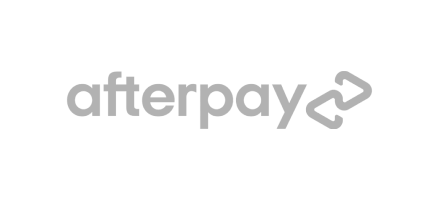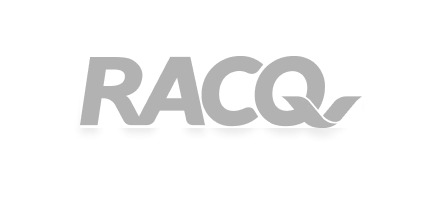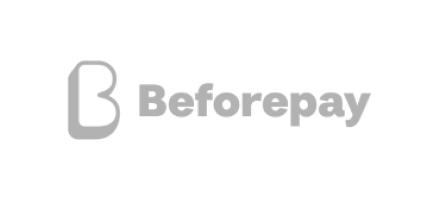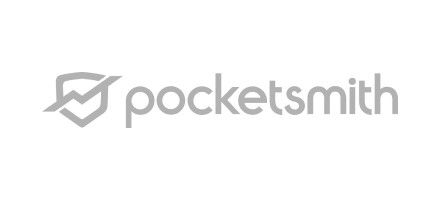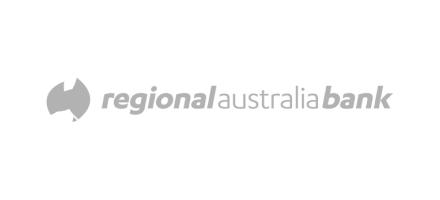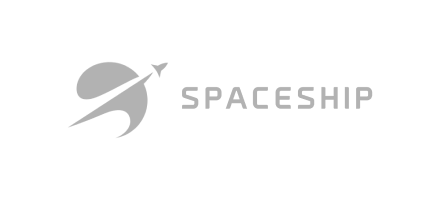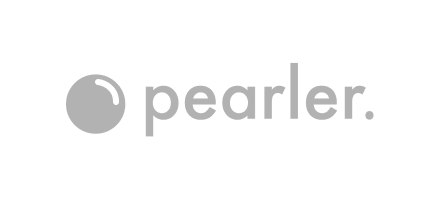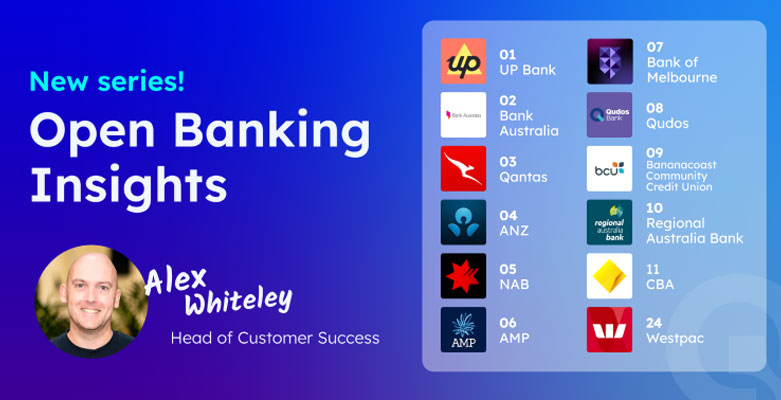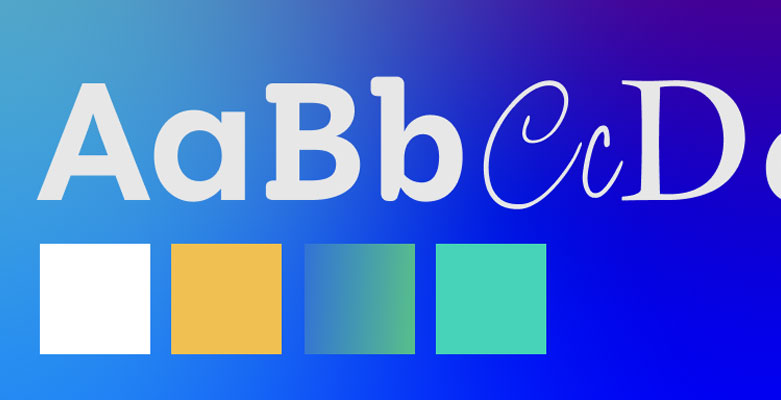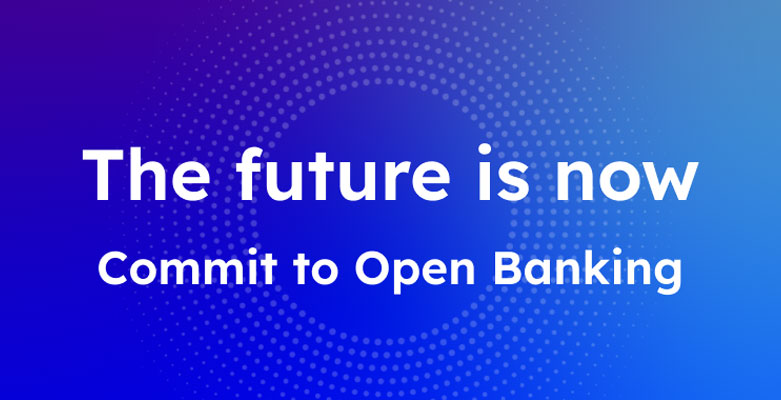The ACCC officially defines the various CDR access models as the following:
Sponsored Affiliate – Businesses who become a Sponsored Affiliate have accredited access to data via an ADR acting as a Sponsor. This model allows Sponsored Affiliates some of the same privileges and access to CDR data as an ADR, but at a lower cost and in less time.
Principal and Representative – The Principal and Representative Model is an accelerated way businesses can access Open Banking data. There is no official accreditation needed, instead a business is able to access data as a Representative via an ADR that acts as a Principal.
Trusted Advisor – This model allows consumer consented data to be shared with ‘trusted advisors’, including financial advisers, mortgage brokers, accountants, tax agents and/or lawyers.
CDR Insights – CDR rules allow consumers to share insights with individuals or organisations outside the CDR ecosystem for specific low-risk purposes, including verifying a consumer’s identity, account balance, or details of transactions to or from specified accounts.
Learn more about the CDR access models here

